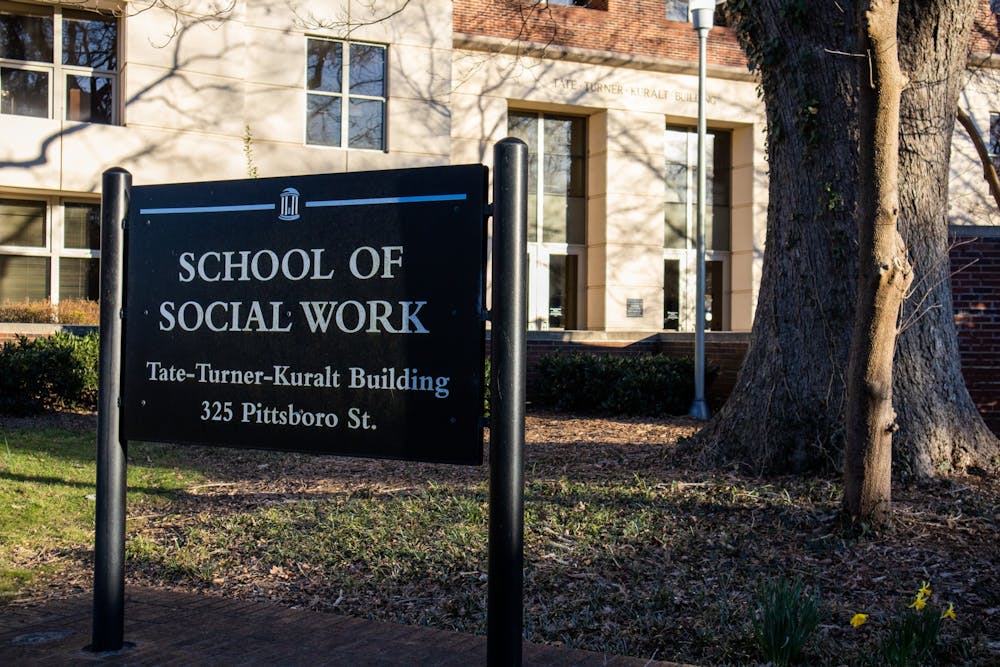Growing up, Alicia Freeman said she didn’t know how to take care of her mental health.
She said there was a lack of resources within her rural, predominantly Native American community in North Carolina.
As a member of the Waccamaw Siouan Tribe, Freeman said the stigma of mental health was prevalent among those around her.
"I look like people from my hometown, sound like them and everything — that's one thing," Freeman said. "But we don't necessarily think the same way."
The lack of attention toward mental health in her hometown led Freeman to ask herself how she could improve the accessibility of mental health resources. She is now the coordinator for the School of Social Work's Mental Health First Aid program at UNC.
MHFA provides training for UNC students, faculty and staff at no cost and is available to other community groups. The eight-hour course can be completed in a single full-day session or as two half-day sessions.
The program, she said, is one way for students to notice and support one another’s unique needs.
MHFA training is designed to develop basic skills in order to help participants respond to situations related to mental health crises or substance abuse disorders. It also helps participants identify professional resources that can provide additional assistance in those situations.
Though the program first came to UNC in 2015, Behavioral Health Springboard director Sarah Reives-Houston said it is particularly timely now. The MHFA program is an initiative of the BHS within the School of Social Work.



